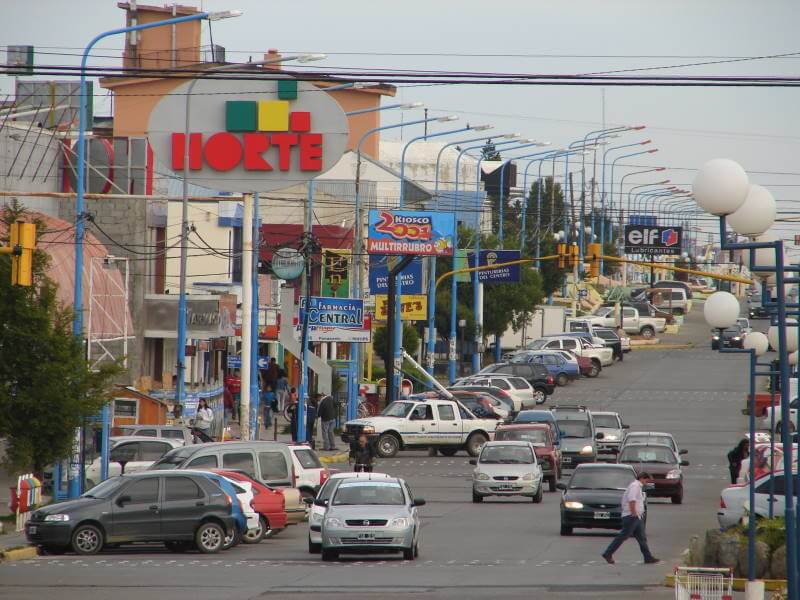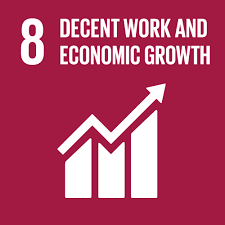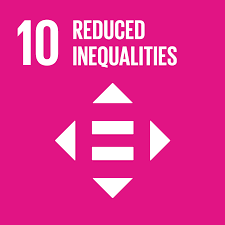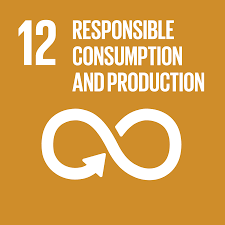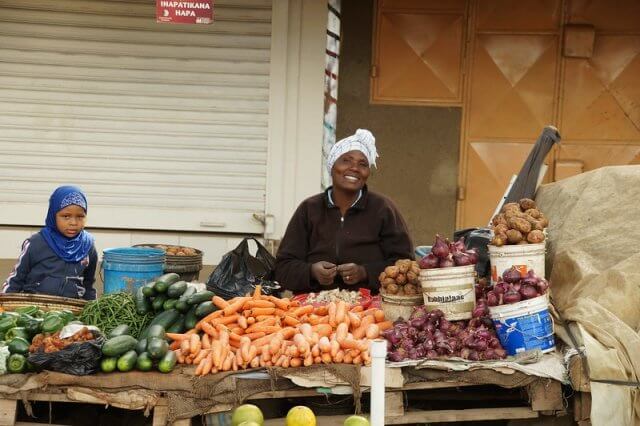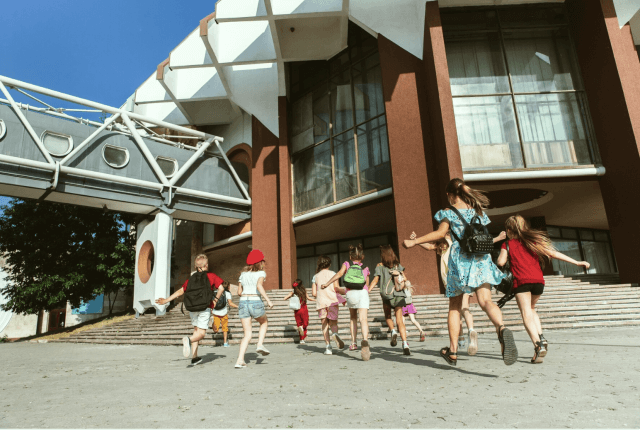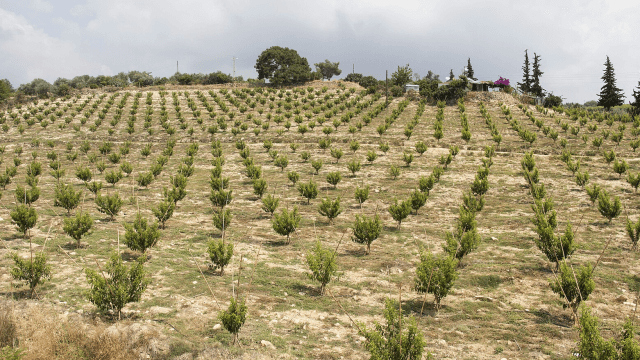The action and its aims
The aim is to create a sustainable, diversified, and inclusive food system. For this, the RGA Agro-productive programme was established. This programme provides technical and financial assistance to small fruit and vegetable producers.
When it was introduced
The programme was introduced in 2021.
Why it was needed
Due to Río Grandes geographical location more than 12,000 tons of fruit and vegetables of low-quality with unknown traceability is imported every year. To create a more sustainable and diversified food system, RGA Agro-productive programme was established.
Who initiated it, who is involved
This programme was established by Río Grandes municipality. The municipality works together with five associations established in the city and with the National Institute of Agricultural Technology (INTA), a state research agency under the Ministry of Agriculture, Livestock and Fisheries of Argentina.
Impacts to date
The RGA Agro-productive Programme extends its support to over 185 small fruit and vegetable producers within the city of Río Grande. Due to the programme’s assistance, production has increased, with 1,100,000 seedlings cultivated, resulting in an output of 385 tons of fresh food.
